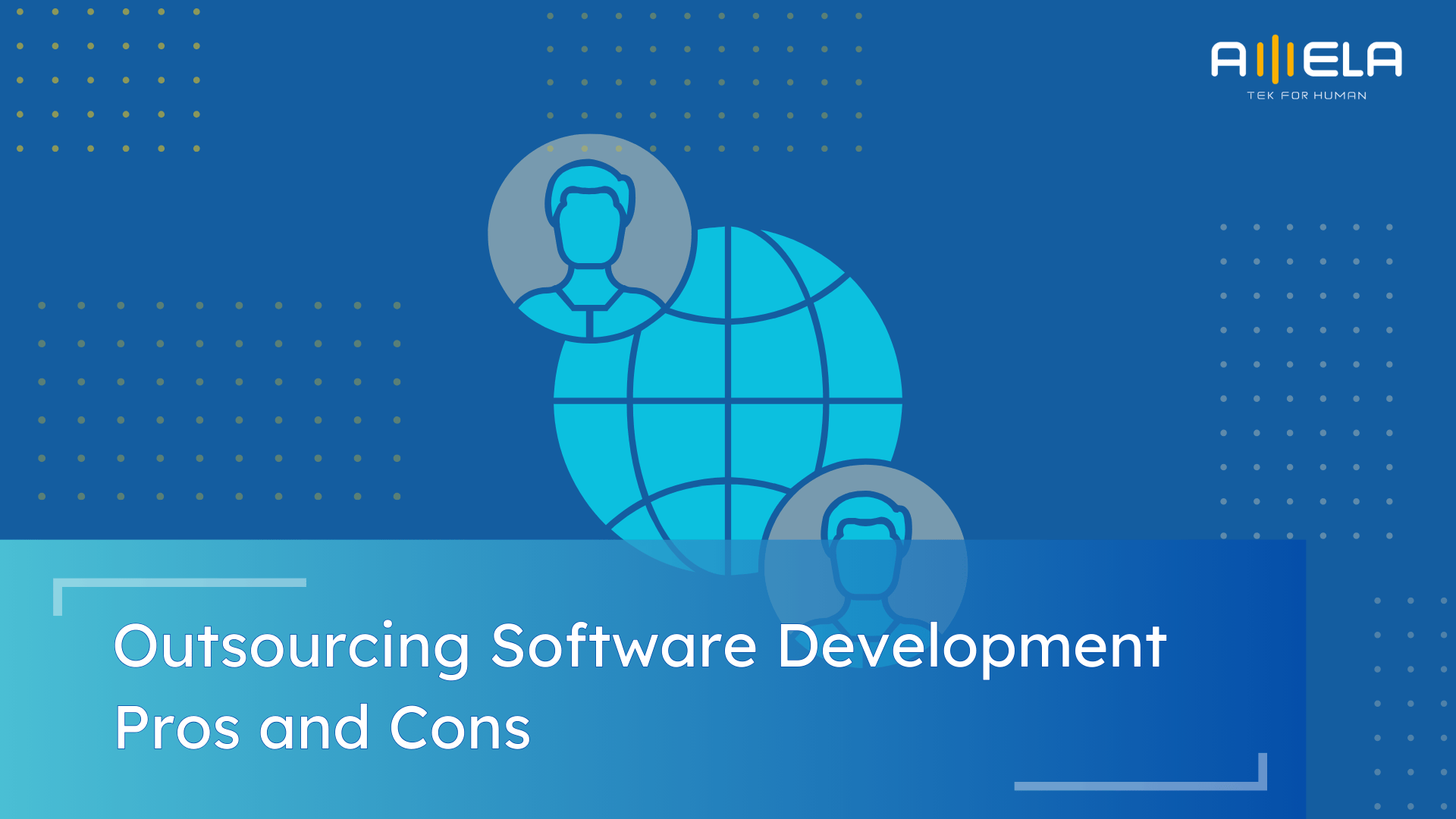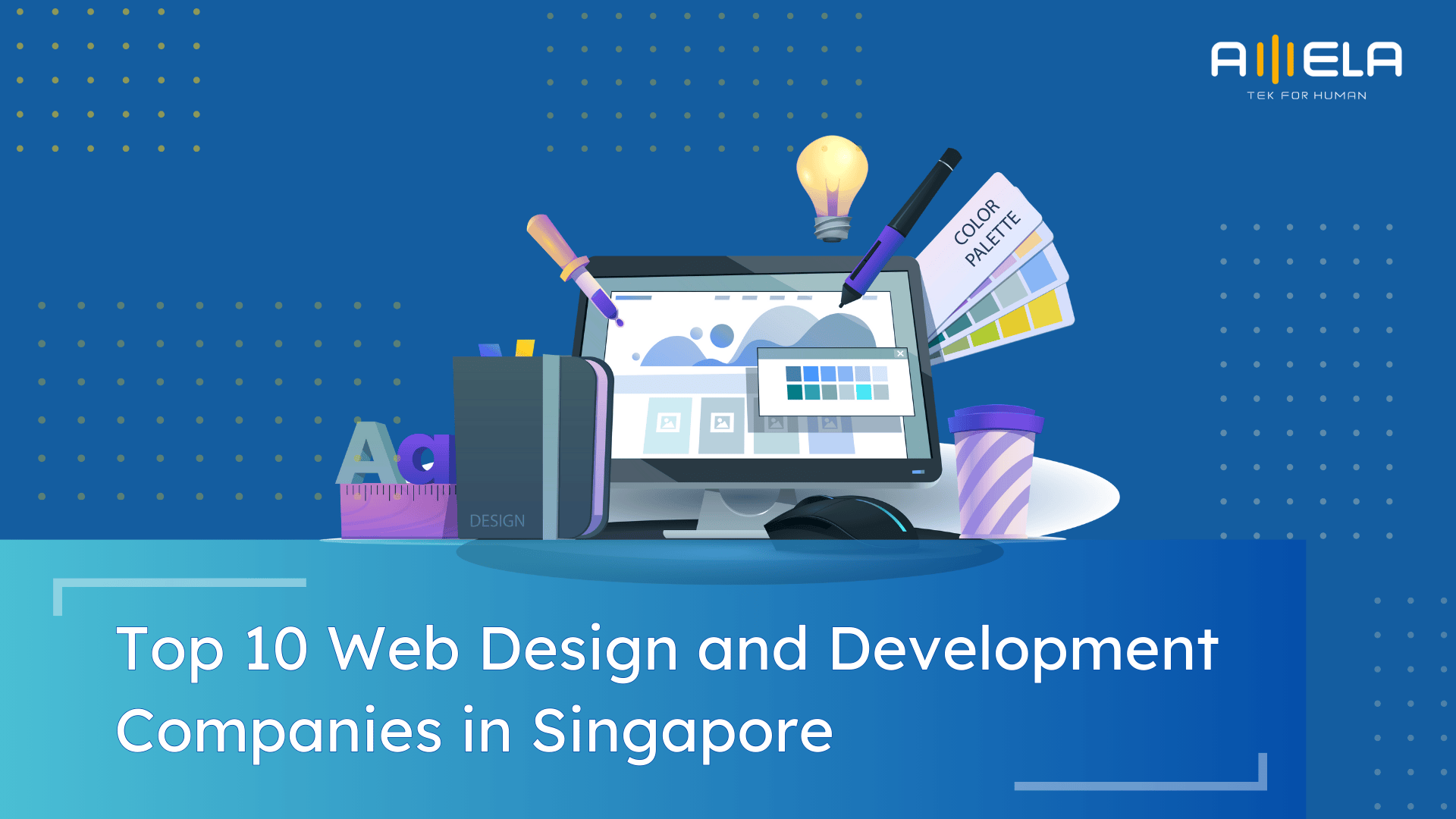Let’s be real — figuring out your Angular web app development cost can feel like trying to guess the weather a month ahead. You know what you want to build, but scope, tech stack, and team choices can make the numbers swing fast. From what we’ve seen at AMELA Technology, cost isn’t just about hourly […]
eCommerce development companies in SEA play a critical role in helping businesses scale across one of the world’s fastest-growing and most complex digital markets. Southeast Asia is not a single ecosystem but a collection of markets with different customer behaviors, payment methods, logistics infrastructures, and regulatory requirements. From our experience working on eCommerce projects across […]
In today’s digital landscape, eCommerce has become a critical part of business growth. Companies of all sizes are turning to eCommerce to reach a broader audience. However, developing an effective eCommerce platform can be complex. As a result, many businesses consider outsourcing to an eCommerce development company. This article provides five keynotes to outsource your […]
In today’s fast-moving digital world, outsourcing isn’t just a trend — it’s a key driver of growth and innovation. According to Deloitte, over 80% of companies plan to maintain or increase IT outsourcing in the coming years, proving how vital it’s become in modern business. From startups building their first MVPs to global tech giants […]
Whether you’re modernizing legacy systems or building intelligent products from the ground up, choosing between machine learning vs traditional programming can shape your project’s success. At AMELA Technology, we break down the key differences between these 2 approaches in detail – so you can make smarter, faster, and more future-ready tech decisions. Key Takeaways Traditional […]
Selecting the right eCommerce development company is critical for business success in the digital age. With more consumers shopping online, businesses need well-designed, functional eCommerce websites. Singapore has become a global hub for eCommerce development. The city-state offers cutting-edge technology, innovation, and highly skilled developers. Outsourcing eCommerce web development services from top companies in Singapore […]
Mobile apps are increasingly crucial for businesses across all industries. Whether you are a startup, small business, or enterprise, having a reliable app development partner is essential. The right app development companies list can help you make an informed decision. Singapore has emerged as a global tech hub, home to some of the top app […]
Singapore has become one of Southeast Asia’s most competitive hubs for web design and development, driven by a strong digital economy, high business standards, and a concentration of global and regional enterprises. As companies invest more in digital presence, product platforms, and customer experience, the demand for reliable web design and development partners continues to […]
When comparing Android app development vs web development, choosing the right option can significantly impact your business’s growth. Both offer unique advantages, but understanding their differences is crucial to making an informed decision. Whether you’re looking to build a high-performance mobile app or a versatile web platform, knowing which one suits your business needs is […]
In today’s competitive digital world, enterprises must embrace mobile app development. For businesses it is targeting iOS users to accurately hire iOS app developer. Whether you’re developing an app from scratch or enhancing an existing one, the right talent can make a significant difference. This guide is designed to help enterprises understand the importance of […]












